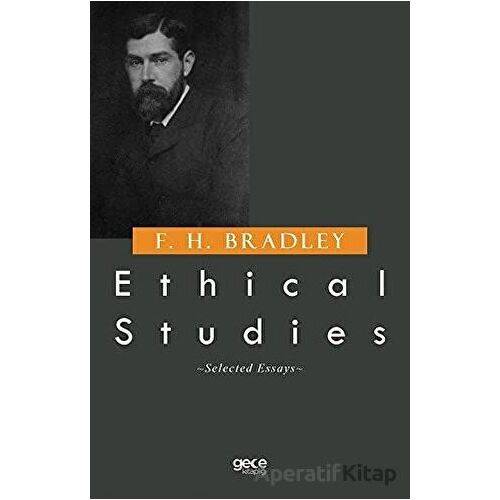Hiç mesaj bulunmadı
| Taksit | Tutar | Toplam |
|---|---|---|
| Tek Çekim | 158.00 TL | 158.00 TL |
250 TL nin altındaki tutarlar için taksit yapılamamaktadır.
| ||
| Taksit | Tutar | Toplam |
|---|---|---|
| Tek Çekim | 158.00 TL | 158.00 TL |
| 2 Taksit | 79.00 TL | 158.00 TL |
| Taksit | Tutar | Toplam |
|---|---|---|
| Tek Çekim | 158.00 TL | 158.00 TL |
250 TL nin altındaki tutarlar için taksit yapılamamaktadır.
| ||
| Taksit | Tutar | Toplam |
|---|---|---|
| Tek Çekim | 158.00 TL | 158.00 TL |
250 TL nin altındaki tutarlar için taksit yapılamamaktadır.
| ||
| Taksit | Tutar | Toplam |
|---|---|---|
| Tek Çekim | 158.00 TL | 158.00 TL |
250 TL nin altındaki tutarlar için taksit yapılamamaktadır.
| ||
| Ödeme Türü | Toplam Tutar |
|---|---|
| Diğer Kredi Kartları | 158.00 TL |
| Havale / Eft | 158.00 TL |
| Posta Çeki | 158.00 TL |
| Kapıda Ödeme | 168.00 TL |
Kapıda ödemeli siparişlerde +10,00TL kapıda ödeme hizmet bedeli ilave edilir. |
|
- Vade farksız taksitler KOYU renkte gösterilmektedir.
- X+X şeklinde belritilen taksitler (Örneğin: 2+3) 2 taksit olarak işleme alınmakta ancak ilgili bankanın kampanyası dahilinde 2 taksit üzerinden işlem yapıldığı halde 2+3 yani 5 taksit olarak kartınıza ve ödemenize yansımaktadır. (2 taksit seçilmiş olsa bile banka kampanyası dahilinde ekstradan vade farkı eklenmeden işlem 5 taksite bölünmektedir.)
WHY should I be moral? The question is natural, and yet seems strange. It appears to be one we ought to ask, and yet we feel, when we ask it, that we are wholly removed from the moral point of view. To ask the question Why? is rational; for reason teaches us to do nothing blindly, nothing without end or aim. She teaches us that what is good must be good for something, and that what is good for. nothing is not good at all. And so we take it as certain that there is an end on one side, means on the other; and that only if the end is good, and the means conduce to it, have we a right to say the means are good. It is rational, then, always to inquire, Why should I do it? But here the question seems strange. For morality (and she too is reason) teaches us that, if we look on her only as good for something else, we never in that case have seen her at all. She says that she is an end to be desired for her own sake, and not as a means to something beyond. Degrade her, and she disappears; and to keep her, we must love and not merely use her. And so at the question Why? we are in trouble, for that does assume and does take for granted that virtue in this sense is unreal, and what we believe is false. Both virtue and the asking Why? seem rational, and yet incompatible one with the other; and the better course will be, not forthwith to reject virtue in favor of the question, but rather to inquire concerning the nature of the Why?



